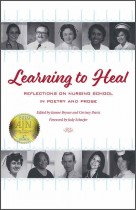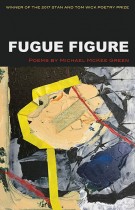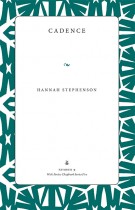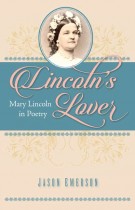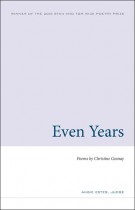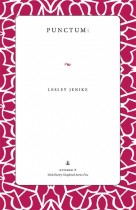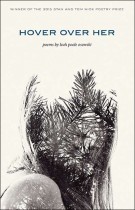Speak a Powerful Magic
Wick Poetry Center | Filed under: Art, Black Squirrel Books, Poetry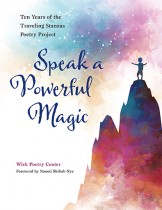
Speak a Powerful Magic features poems by schoolchildren, immigrants and refugees, patients and caregivers, and veterans, alongside the work of well-known contemporary American poets, and it demonstrates that poetry is truly of the people. We turn to poetry to give voice to what is troubling us, to honor what we love, to make sense of our lives, to remember our past, and to commemorate what we’ve lost. Here, it becomes clear that poetry, especially when coupled with the visual arts, has the potential to broaden our understanding and bring people together in ways that more traditional communications simply cannot.

